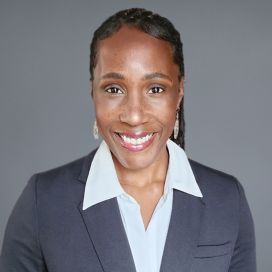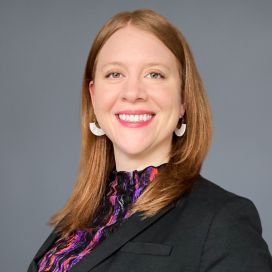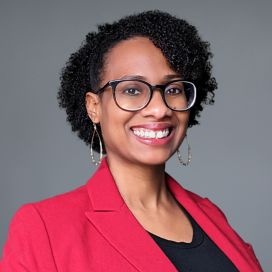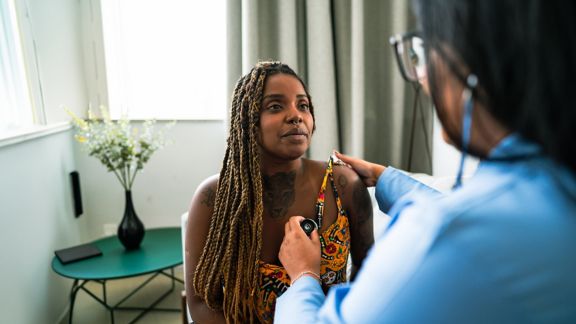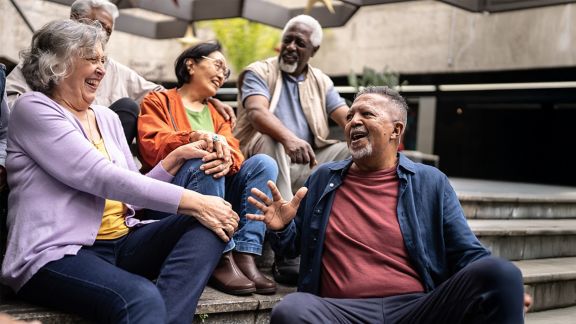AstraZeneca Foundation CHANGE Evaluation & Technical Assistance
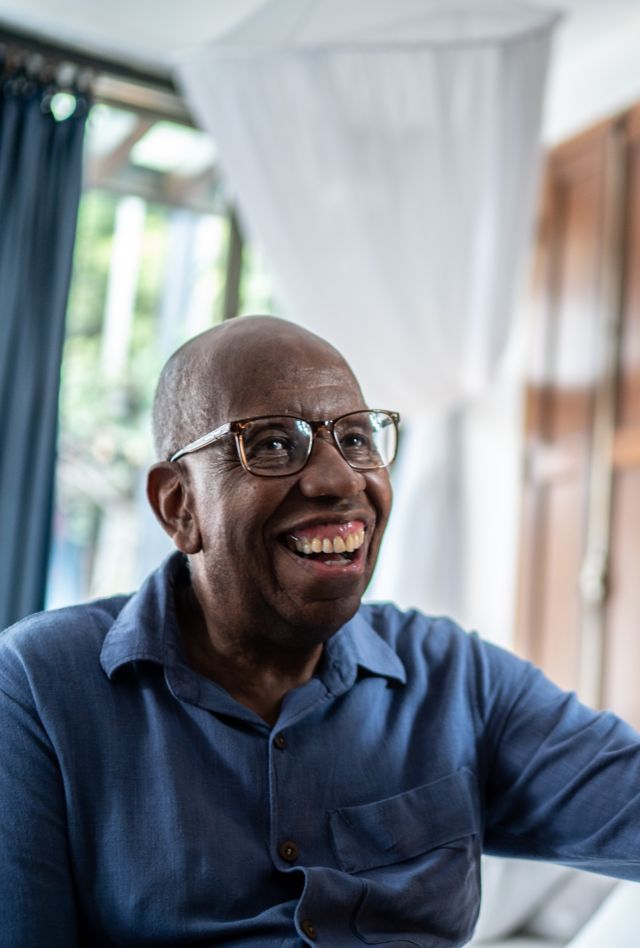
Problem
The AstraZeneca Foundation needed a culturally responsive approach to evaluate its CHANGE program.
High costs, limited insurance coverage, and other barriers prevent many Americans from receiving timely, affordable health care. Launched in 2023, the AstraZeneca Foundation’s (AZF) Creating Health Access for Next Generation Equity (CHANGE) program provides grants to U.S.-based nonprofit organizations working to improve access to quality health care, with a focus on promoting screenings, early detection, and treatment and continuity of care for cancers or cardiovascular, renal, respiratory, and immunologic diseases.
AZF awarded grants to six organizations working to increase access to health services in Delaware, Maryland, Pennsylvania, and Washington, DC. Given the scope of the program, the Foundation needed a robust evaluation approach to monitor the grantees’ progress over the course of the program.
Solution
AZF, NORC, and the CHANGE grant awardees co-created an evaluation and reporting framework to track success over the course of the program.
NORC is leading a mixed-methods, multi-site and multi-year evaluation of the CHANGE program. Because of the variety of populations the grantees serve, we have employed culturally responsive research methods to maximize participation and ensure that our data are representative and complete. Our evaluation seeks to understand:
- The implementation strategies grantees used to increase access to quality health care
- The degree to which these strategies increased health care access for patient populations facing the most significant barriers
To support the creation of this evaluation and mutual capacity-building, NORC, AZF, and CHANGE meet monthly via a virtual Community Advisory Board.
Result
Our collaborative evaluation and reporting framework is tracking the progress of CHANGE grant awardees.
The collaboration between NORC, AZF, and the grantees has effectively administered three successful data collections thus far, as well as ongoing mutual capacity building on how to build strong programs and collect robust evaluation data.
By the end of their first year (2024), CHANGE program grantees had reached 29,800+ patients (145 percent of annual goal) and met 82 percent of their organizational goals. The CHANGE program will continue into 2026.
Related Tags
Project Leads
-
Ashani Johnson-Turbes
Vice PresidentPrincipal Investigator -
Michelle Johns
Senior Research ScientistProject Director -
Petry S. Ubri
Senior Research ScientistSenior Advisor -
Mitchell R. Barrows
Research ScientistTraining and Technical Assistance Lead



